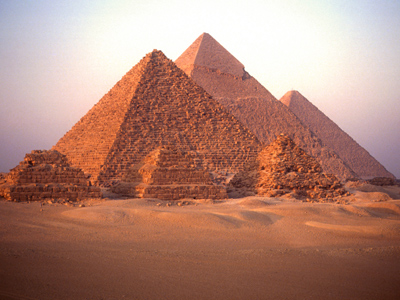
Ask the AI Tutor
Need help with History Skills 02? Ask our AI Tutor!
AI Tutor - Lucy
Connecting with Tutor...
Please wait while we establish connection

See if you can get full marks in this history quiz.
History Skills 02
Historians use sources to understand the past, but they must question who created them, why they were made and how trustworthy each piece of evidence really is.
1 .
Which of these is the correct chronological order?
Stuarts, Tudors, Victorians, Georgians
Tudors, Georgians, Stuarts, Victorians
Tudors, Stuarts, Georgians, Victorians
Tudors, Stuarts, Victorians, Georgians
Periods of history are usually named after the ruling house or a specific ruler e.g. Queen Victoria or King George
2 .
Which of these is not a primary source?
A photo of the World War One trenches
Anne Frank's diary
Bones in a burial chamber
Last week's newspaper article about the slave trade
The article was written long after the event, based on other sources
3 .
What is a hypothesis?
A historical error
A possible explanation
A Roman central heating system
A source that has been damaged
The key word here is possible. A hypothesis will usually evolve and change as time passes and new evidence is found, or if old evidence is examined and looked at from a different point of view
4 .
Someone who excavates historical sites is called what?
Anthropologist
Archaeologist
Archaeopteryx
Archivist
They excavate a site very carefully using fine brushes and trowels so that they don't break something they find or miss anything important. The location of every 'find' is carefully added to a map of the excavation site
5 .
What term means a source produced after an event?
Consequential
Fake
Secondary
Subsidiary
These are sometimes produced by researching primary sources and other secondary sources
6 .
Which period of history came immediately before the Middle Ages?
The Black Ages
The Classical Age
The Dark Ages
The Doomsdays
The Dark Ages were approximately 600-1000 AD
7 .
Historians use what to show events in order?
Calendar line
Chronoline
Lifeline
Timeline
A timeline is very useful to help remember and understand the events in a specific area
8 .
A historian may be said to do what with evidence?
Internalise it
Interpolate it
Interpret it
Interrogate it
Different historians may interpret the same evidence in different ways
9 .
Objects as evidence are known as what?
Aristofacts
Artefacts
Factoids
Factotums
Artefacts can be things like coins, bones, pottery or jewellery
10 .
What is an anachronism?
A book about a historical figure
A huge fear of spiders
A reason for going to war
Something placed in the wrong time period
e.g. a Roman soldier with an AK47 rifle
**Unlimited Quizzes Await You! 🚀**
Hey there, quiz champ! 🌟 You've already tackled today's free questions.
Ready for more?
Ready for more?
🔓 Unlock UNLIMITED Quizzes and challenge yourself every day. But that's
not all...
not all...
🔥 As a Subscriber you can join our thrilling "Daily Streak" against other
quizzers. Try to win a coveted spot on our Hall of Fame Page.
quizzers. Try to win a coveted spot on our Hall of Fame Page.
Don't miss out! Join us now and keep the fun rolling. 🎉
**Unlimited Quizzes Await You! 🚀**
Hey there, quiz champ! 🌟 You've already tackled today's free questions. Ready for more?
🔓 Unlock UNLIMITED Quizzes and challenge yourself every day. But that's not all...
🔥 As a Subscriber you can join our thrilling "Daily Streak" against other quizzers. Try to win a coveted spot on our Hall of Fame Page.
Don't miss out! Join us now and keep the fun rolling. 🎉






